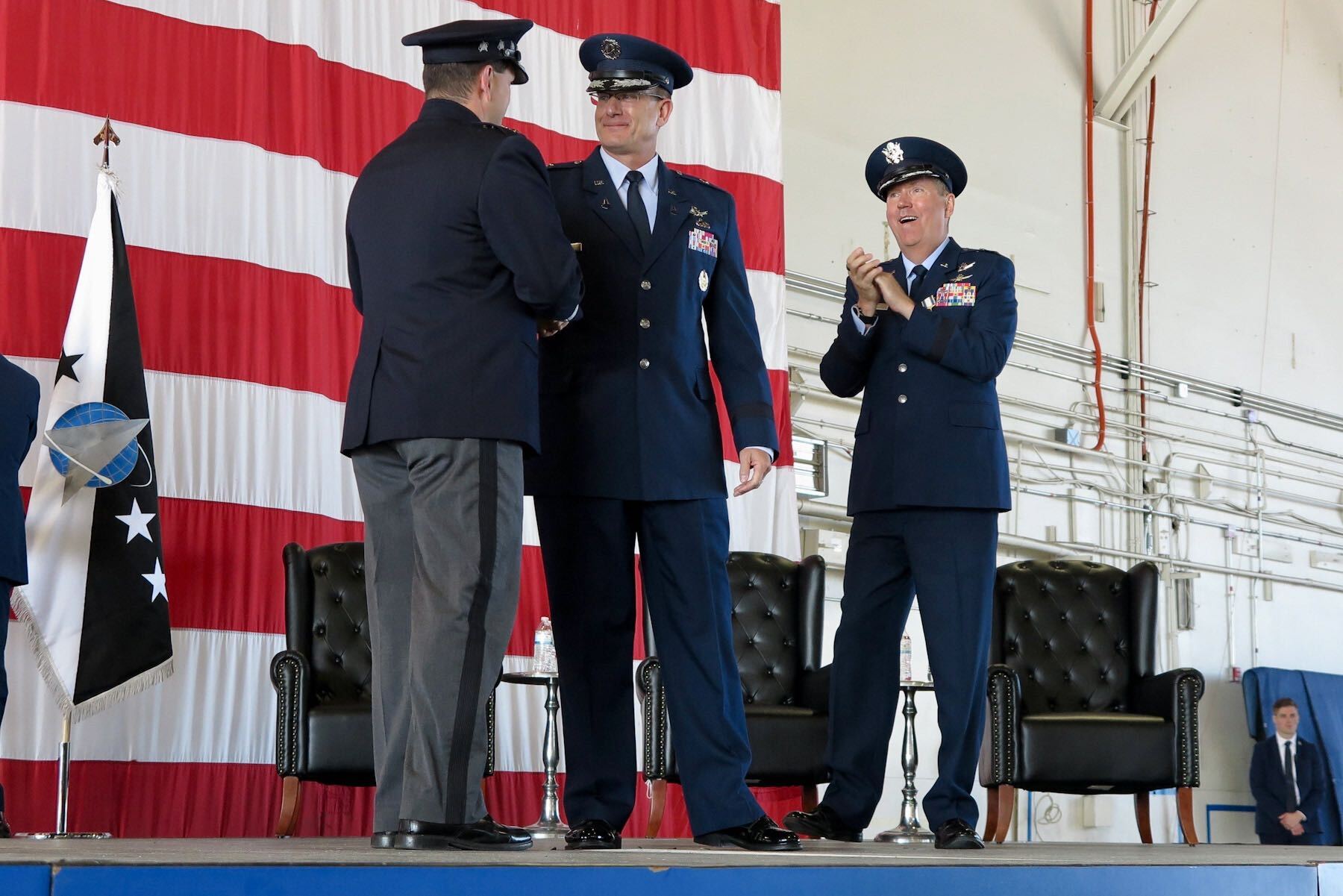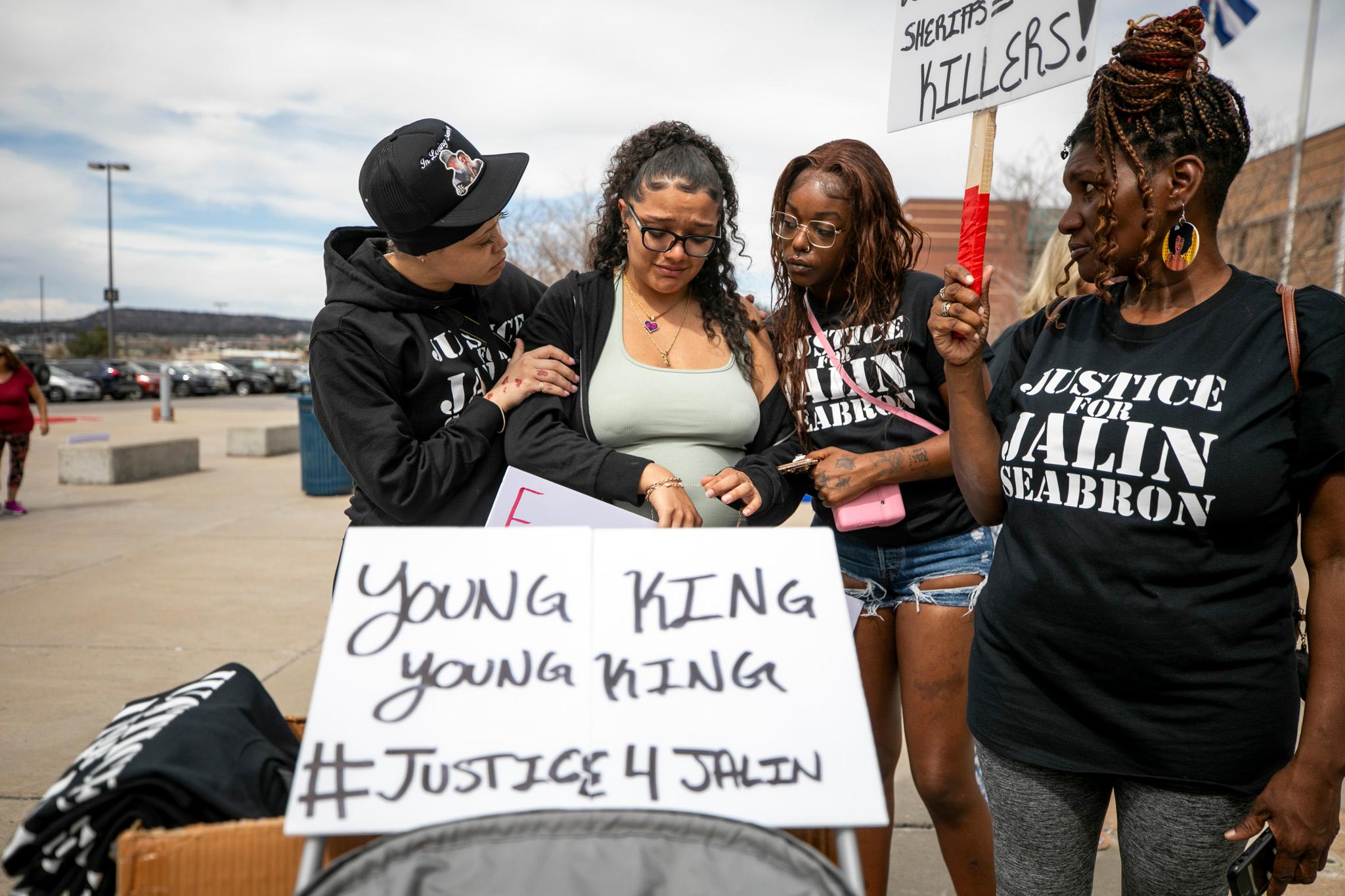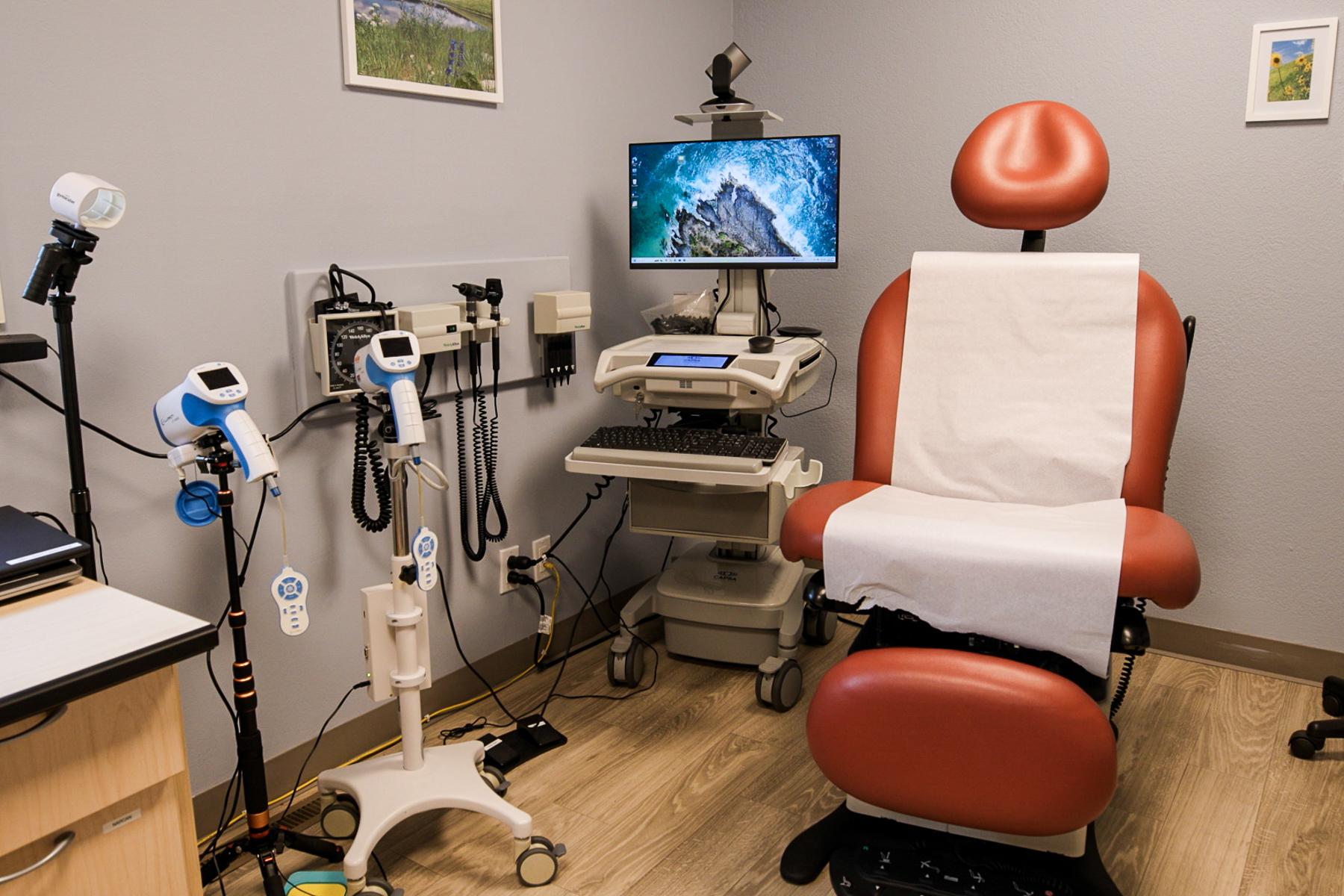
The U.S. Space Force STARCOM unit underwent its first change of command ceremony on Thursday at Peterson Space Force Base.
Brig. Gen. Timothy Sejba took over leadership of STARCOM — short for the Space Training and Readiness Command — from Maj. Gen. Shawn Bratton, who oversaw the command from its inception in August of 2021.
Sejba comes to STARCOM from Los Angeles Space Force Base in California.
The unit focuses on the training of new guardians — the chosen name for space professionals in the military’s newest branch.
The U.S. Chief of Space Operations, America’s top Space Force officer, Gen. B. Chance Saltzman, was on hand for the ceremony held in a base hangar. Saltzman told the crowd the command was critical to the success of the new Space Force, which relies on highly capable tech workers to oversee the country’s network of military satellites.
“Your vital work training and educating space warfighting professionals and developing combat ready forces to address strategic challenges in our domain enables all the units of the Space Force to do the job and do it well,” Saltzman said.
Outgoing commander Bratton said he learned above all that his command could not “dictate a culture” for the Space Force, but he said STARCOM was the place to set proper conditions for the branch’s culture to grow.
“We taught guardians that, first and foremost, they have a duty to each other and then to the service and the joint force and the nation,” Bratton said.
He said his command faced challenges fighting through bureaucracy “and sometimes even fighting through lawyers” to get guardians ready for operations as well as deciding basing decisions, and establishing educational standards for the new branch.
“STARCOM is just at the beginning,” Bratton said. “There are always more guardians to prepare.”
Sejba’s military career began 28 years ago in Colorado Springs. He told the crowd he was excited to be back again with a family in tow. He said it is necessary to develop the talent and expertise of the men and women of the Space Force.
“In doing so, we will deliver a force capable of competitive endurance, a force able to deny first-mover advantage, able to avoid operational surprise and able to conduct counter-space operations and campaigns,” Sejba said.








